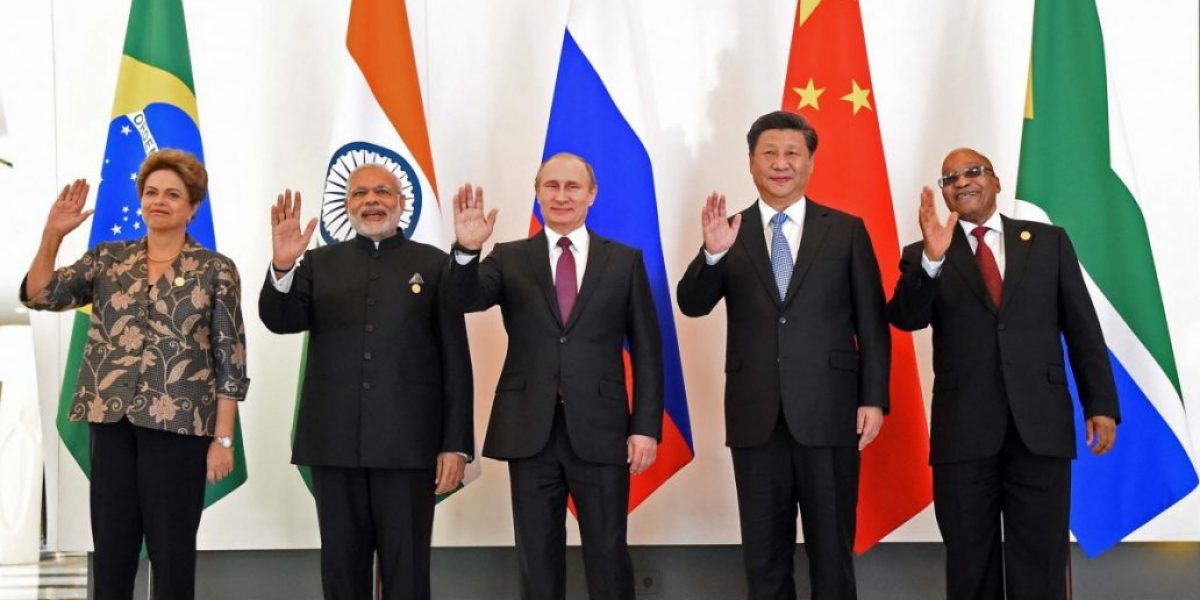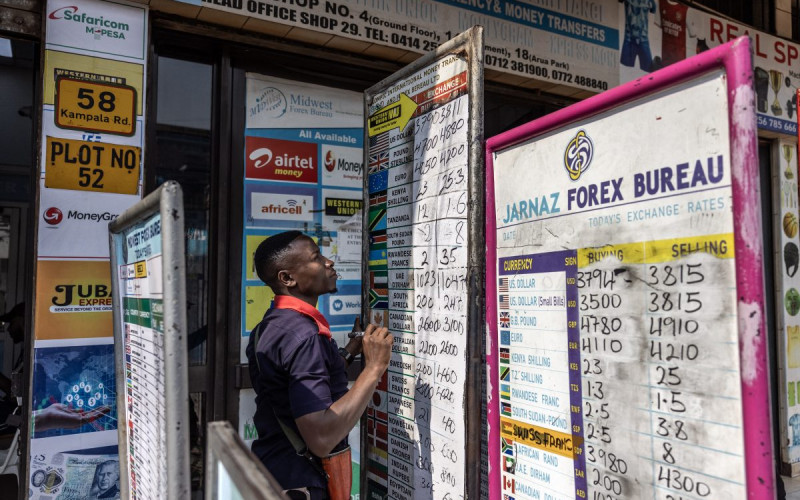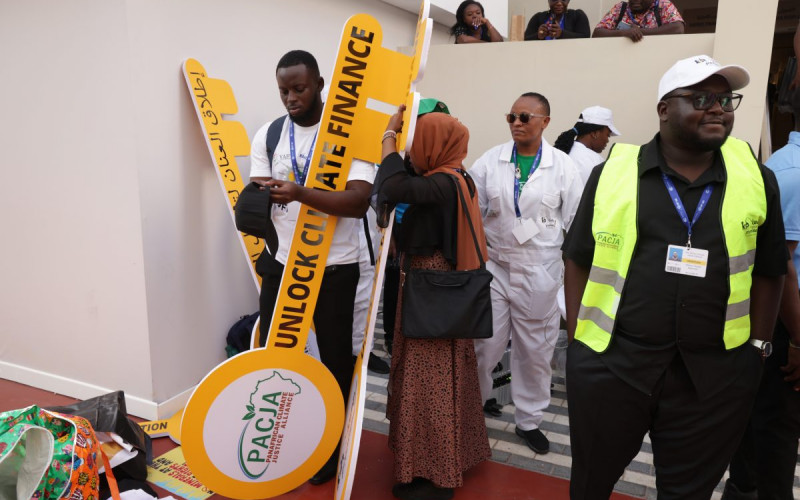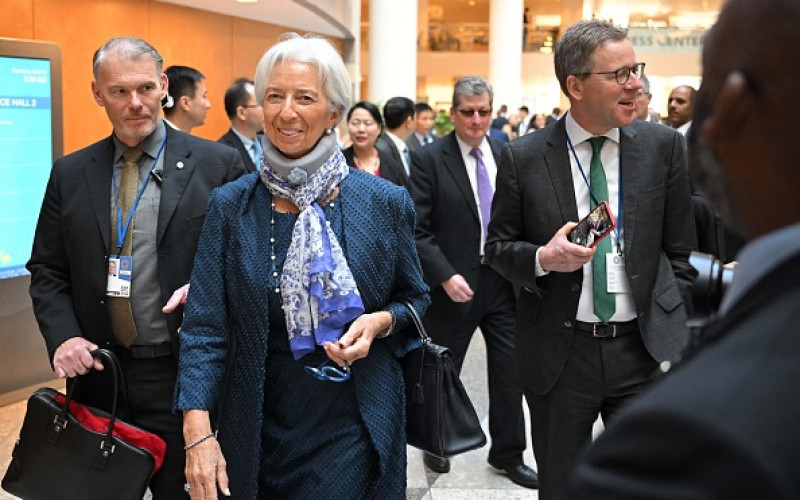Globally, with its growing influence and interests in the international system, China increasingly faces the question of how to use its power judiciously and protect its interests worldwide. Domestically, China needs to address the negative side effects of rapid economic growth over past decades to pursue a more sustainable growth path. It is against this backdrop that China proposed its peaceful development and harmonious world theories to reassure the rest of the world of its peaceful intentions and future world vision. In the current phase, China’s external engagements are becoming more actively cooperative and pro-active.
The rise of emerging powers and their role in global governance is recognised by both the western world and China. China realises that it is not the only rising power but one of a number of rising powers. Considering the sensitivity towards the rise of an alternative block and the difficulties associated with international governance in a much more interdependent and globalised world, it is Beijing’s belief that it is best to build peer group viewpoints on a future international order. Since the current global governance structure was mainly created and led by established Western powers, emerging powers should use their collective influence to reshape the international system to reflect their concerns. With the emergence of the G20 summits, the old pattern of G8+5 or outreach 5 with its unequal and ad hoc character has lost its dynamic. The BRIC/BRICS summit was initiated to create a new platform for emerging powers to work together as a group of rising powers that are both willing and able to play a collective role in international affairs.
China, among other emerging powers, has the common desire to seek a new international political and economic order that is built on the principles of multi-polarity, justice, fairness and democracy. As newly influential members of the current international system, emerging powers wish to increase their voice in the global governance structure to reflect their perspectives, interests and situations.
China shares these aspirations to make global governance structures more representative and effective through peaceful and gradual reforms. In this context, the BRICS group is not aimed as a counterbalance to the established western powers but rather seeks to pursue a more effective or equal interaction with them with the view to build a better world order for humanity.
In constructing such a grouping, China is not so naïve as to overlook the huge differences between BRICS members. China’s confidence in the value of BRICS is built on its strategic relationship with each member, shared worldviews, increasingly strong economic linkages and huge cooperation potential. To establish an institutional dialogue and cooperation between these influential powers in the next decade, it will be necessary to conjointly define their role in a future world order. BRICS is an opportunity for China to make the best use of the group rise of emerging powers and adapt to this new reality.
Since the 2008 financial crisis, emerging powers have had to find new markets beyond their traditional trading partners. More importantly, they have an interest in ensuring that the global economy works well because they all have huge stakes in maintaining a fair and free global economy system. BRICS is already useful in building consensus amongst its members in the G20 summits which is an emerging forum in managing the world economy. What China expects out of this interaction is not to solve the disagreements but to work on common interests among BRICS members especially regarding the intersection between their domestic development agendas and global issues.
A more pro-active role for BRICS in global governance is not easy considering their huge domestic development challenges, and the first step might be to enhance their internal cooperation on promoting their respective development agendas. Most of Sanya’s declaration is about cooperative visions on regional and global affairs, while the action plan is focused on members’ internal economic cooperation, reflecting the BRICS’s weak leadership in dealing with global issues. Their failures in forging a unified position on a BRICS candidate for IMF head and the Libya issue cast a shadow on their capacity to set a global agenda.
However, the BRICS should not avoid forging a clear and common approach to the global agenda considering their importance as emerging powers with great potential to influence global issues. Some visible achievements have been made in areas of international financial system reform. The new membership of South Africa will introduce more dynamism on international development cooperation, especially in Africa. A gradual and incremental approach might serve BRICS well to transform the current world order peacefully and constructively.
Dr Niu Haibin is a Research fellow at Shanghai Institutes for International Studies and was a visiting fellow at the South African Institute of International Affairs from 15 August to 15 September 2011.







